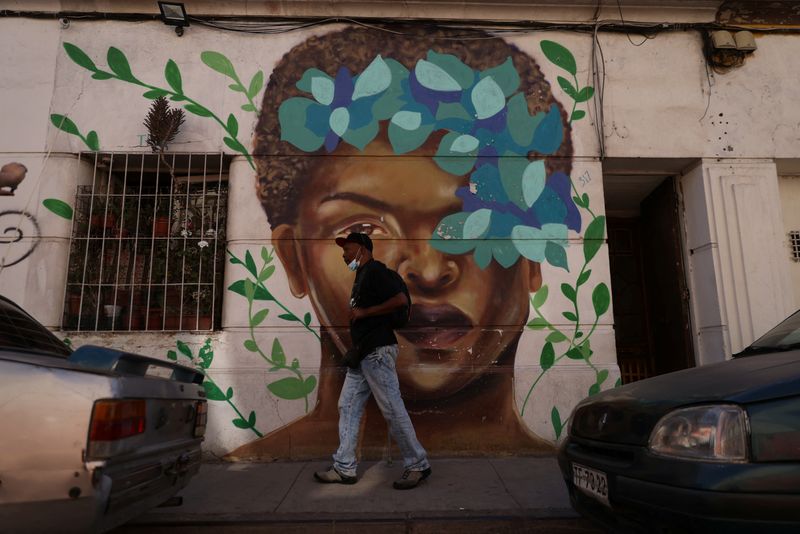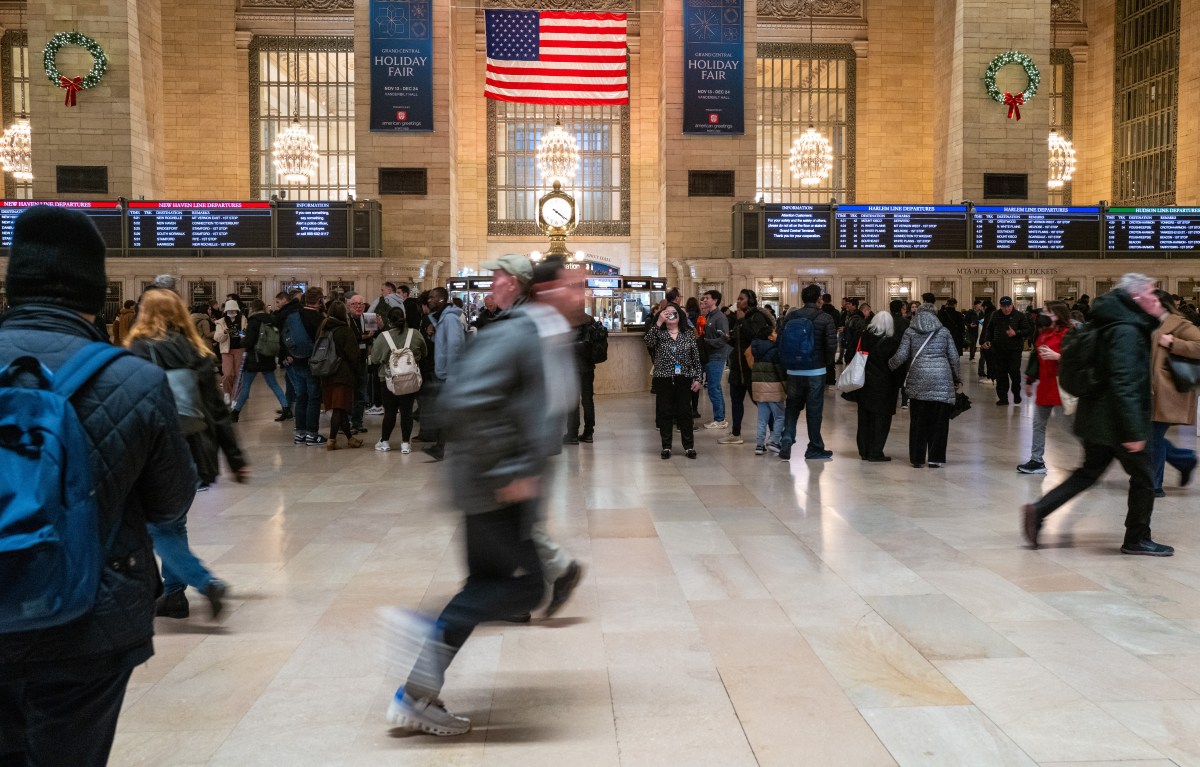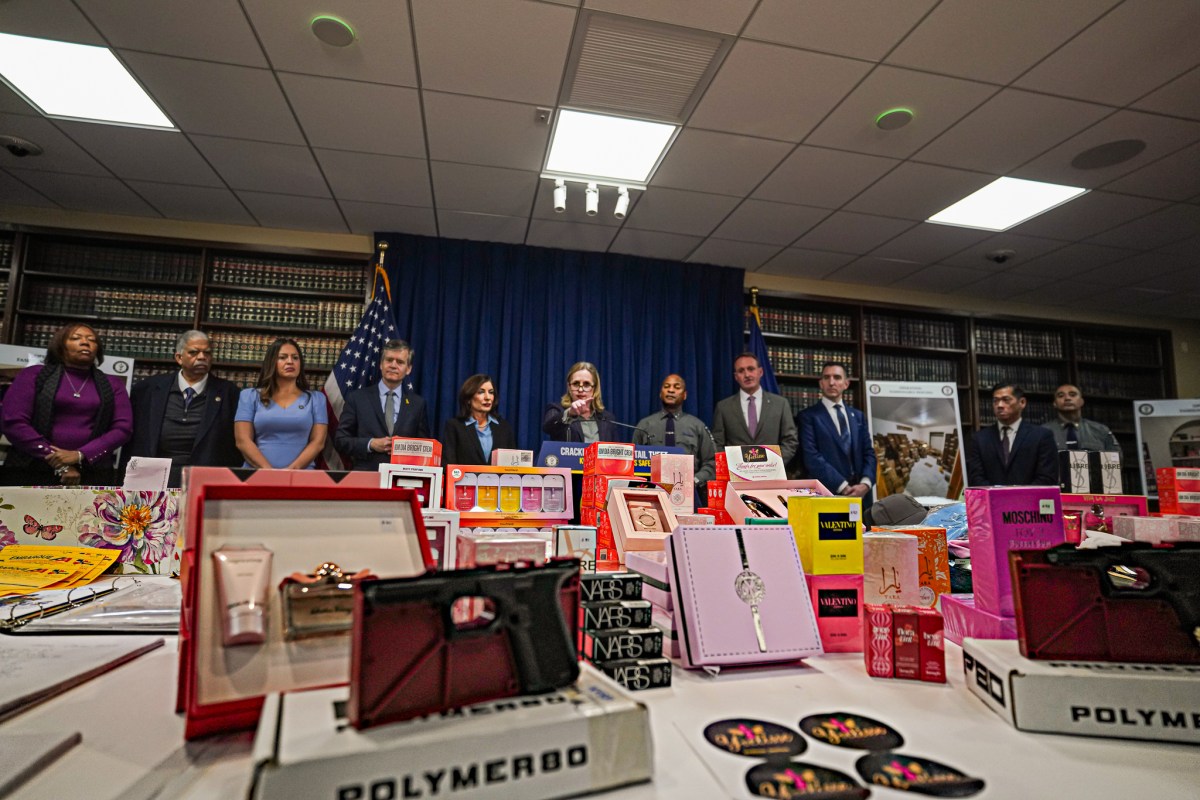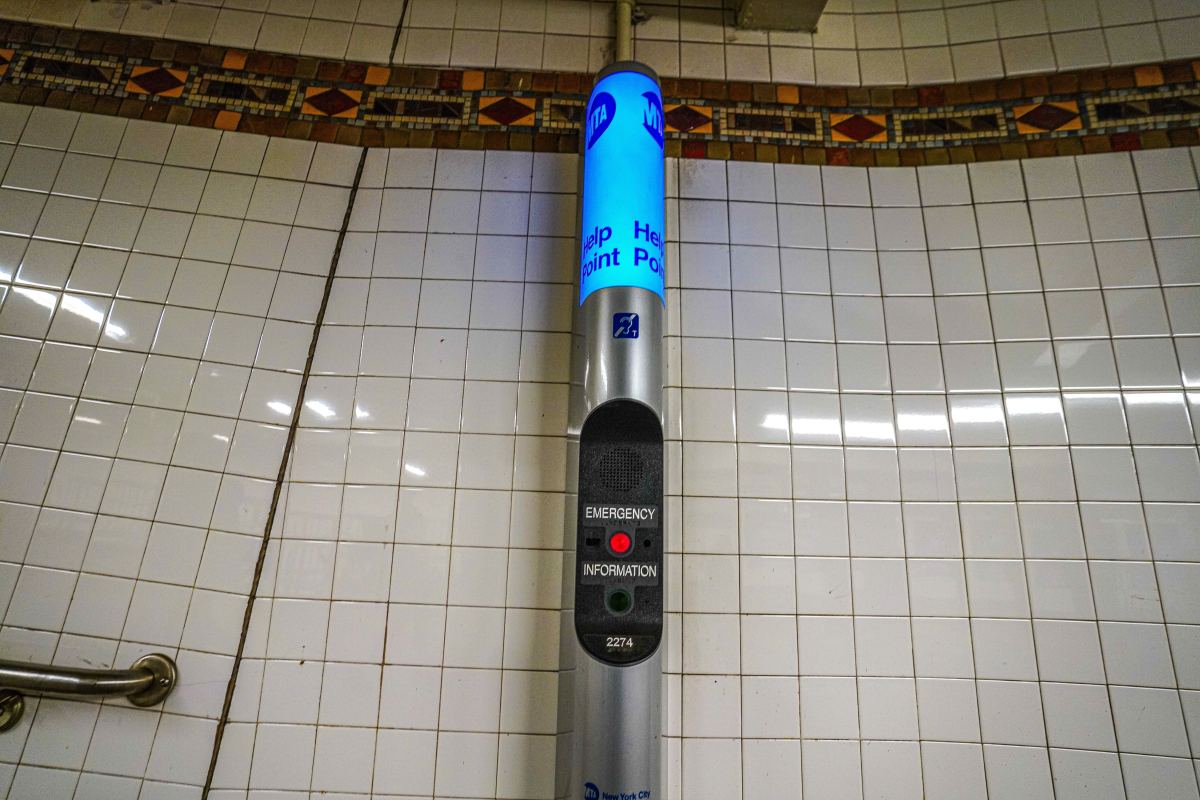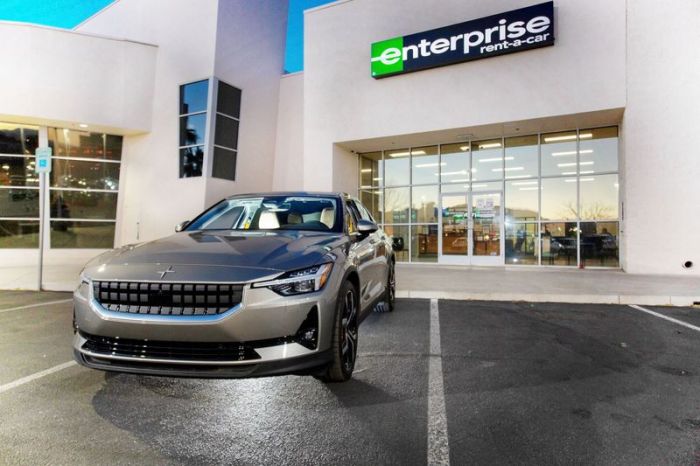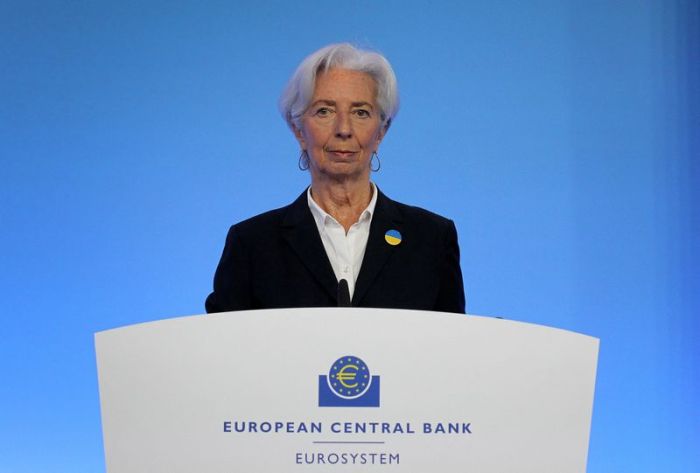SANTIAGO (Reuters) -In Barrio Yungay, an edgy central Santiago neighborhood, an artist-owned sourdough bakery rubs shoulders with the Chilean city’s oldest barbershop and a mini-market with a flickering back light that sells vegetables, dairy products and snacks.
Now the district will be home to a president too, in a powerful sign of changing times in the Andean nation, where anger has risen in recent years over stark inequality and an entrenched ruling elite.
Gabriel Boric, a 36-year former student protest leader and lawmaker, will be sworn in as Chile’s youngest ever president on Friday, having pledged to rip up the country’s conservative, market-orientated rule book and push progressive social reform.
Unlike his predecessors, Boric has opted to live in downtown Santiago rather than the capital’s wealthy eastern zone of sprawling homes far from the dense city center and flanked by the Andes. Chile has no official presidential residence.
“It’s good and notable that the president is coming to live in real Chile,” said Beatrice di Girolamo, who runs the bakery, half a block east from new barricades for presidential security.
“There are all kinds of people here. Homeless people, people who are well off. There are ordinary people, elegant people. There’s a lot of immigration.”
Boric, the head of a broad leftist coalition who came from outside the mainstream political parties, rattled the establishment with fiery rhetoric last year about tearing up Chile’s market-orientated model, though has moderated his tone since winning a December election, talking up gradual change.
However, he has looked to set store as a progressive, with a majority female Cabinet for the first time in Chile’s history, strong support for LGBTQ groups and a focus on fighting climate change.
Boric’s team declined to comment on his choice of new home, but the message is clear: making a break from past political leaders many say had become disconnected from the people.
LESS GARBAGE, MORE SECURITY
Amid Santiago’s high rises, Yungay stands out with colorful one- and two-story buildings and a medley of elaborate murals. Perfectly preserved buildings stand next to others with crumbling facades.
The area also hints at some of the challenges facing Boric, who will need to keep Chile’s economy humming even as he looks to bolster environmental regulation of mining, bring down inflation, raise taxes for social spending and tackle fears about crime and immigration, key voter concerns.
Once an aristocratic neighborhood, the area is now home to a working-class community and a melting pot for immigrants from Peru, Venezuela and Colombia.
Carlos Noriega, 45, owner of the Donde Carlitos mini-market on Boric’s new street, said in the last three years local crime has picked up. He said his store was robbed at gunpoint in 2020, a year after violent months-long protests broke out against inequality that many blamed on a constitution dating to the Augusto Pinochet-era dictatorship.
Noriega and others said the area’s new neighbor had already brought benefits: less garbage on the street, more security and graffiti being painted over. Boric has passed by his store, he said, but he’s still waiting for him to become a customer.
Others said Boric would have to get used to the neighborhood’s rough edges.
Security teams have blocked off Boric’s busy street with gates and check every car entering, from government vehicles to beaten-up old Volkswagens driven by locals.
Eliza Pacheco, who lives in front of the president’s new building with her husband and 12-year-old daughter, said she felt safer now, though worried about street protests on her doorstep.
“He has to assume the consequences of anything that happens. That’s his responsibility,” Pacheco said. “He has to adapt to us, we don’t have to adapt to him.”
Store owner Noriega said outgoing President Sebastian Pinera and others who came before lived on “another planet.”
“He doesn’t live in reality with the rest of us,” said Noriega, who has owned his shop for the last 12 years after arriving from Peru soon after Chile’s return to democracy in 1990.
(Reporting by Alexander Villegas; Editing by Adam Jourdan and Alistair Bell)

